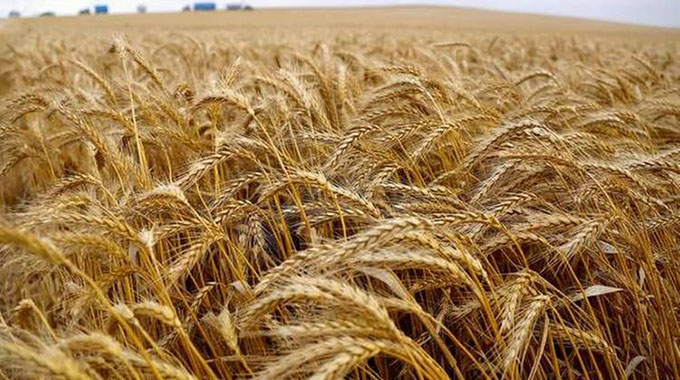
Columbus Mabika Herald Reporter
Government has tightened monitoring mechanisms on subsidised bread-making flour to millers and bakers to avoid unjustified bread price increases and shortages, the Grain Millers Association of Zimbabwe (GMAZ) said yesterday.
The development comes after several reports of bakers abusing the subsidised commodity by making biscuits, cakes, and other confectioneries.
GMAZ media and public relations manager Mr Garikai Chaunza said GMAZ as the apex body for local millers was concerned with the way some millers were abusing the subsidy facility.
“As an apex body for local millers which is charged with milling wheat and maize grain we can confirm that Government is closely monitoring the use of subsidised wheat meant for bread flour,” said Mr Chaunza.
“This is meant to stabilise and contain bread prices for the benefit of the consumers who are the financiers of the subsidy and it is our obligation that the flour must go to all bakeries, big and small who are into genuine bread-baking and as an association we have always been on guard,” he said.
Mr Chaunza said the country is currently enjoying a subsidy of $2 300 per tonne of wheat meant for bread flour only.
He said flour for biscuits and other non-bread products is available at a non-subsidised price.
Reports have been surfacing that some bakeries who are accessing subsidised bread-making flour are causing an artificial shortage of bread and at the same time resulting in the price hikes of the commodity.
According to the GMAZ, demand for wheat for flour from September to end of the year is expected to be 110 000 tonnes. The bulk of this wheat will be imports.
GMAZ early this month sealed a payment deal with a Swiss-based firm, Goldstone & Co, to enable it to import wheat, a development that guarantees consistent supply of grain.
The wheat consignments coming in the country under the agreement with Goldstone will benefit the top five flour milling companies in the country.
On a monthly basis, wheat consumption is estimated at 38 000 tonnes for the production of bread, confectioneries, biscuits and other flour-related products.
The country now relies on wheat imports as current production cannot meet demand.
Zimbabwe’s wheat production experienced a sharp decline when output halved to 150 000 tonnes before further declining to about 38 000 tonnes during the hyperinflation period of 2008/9.
